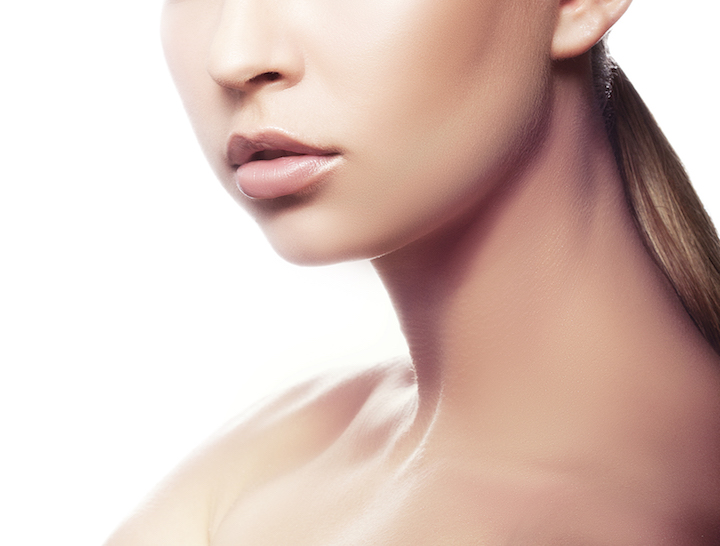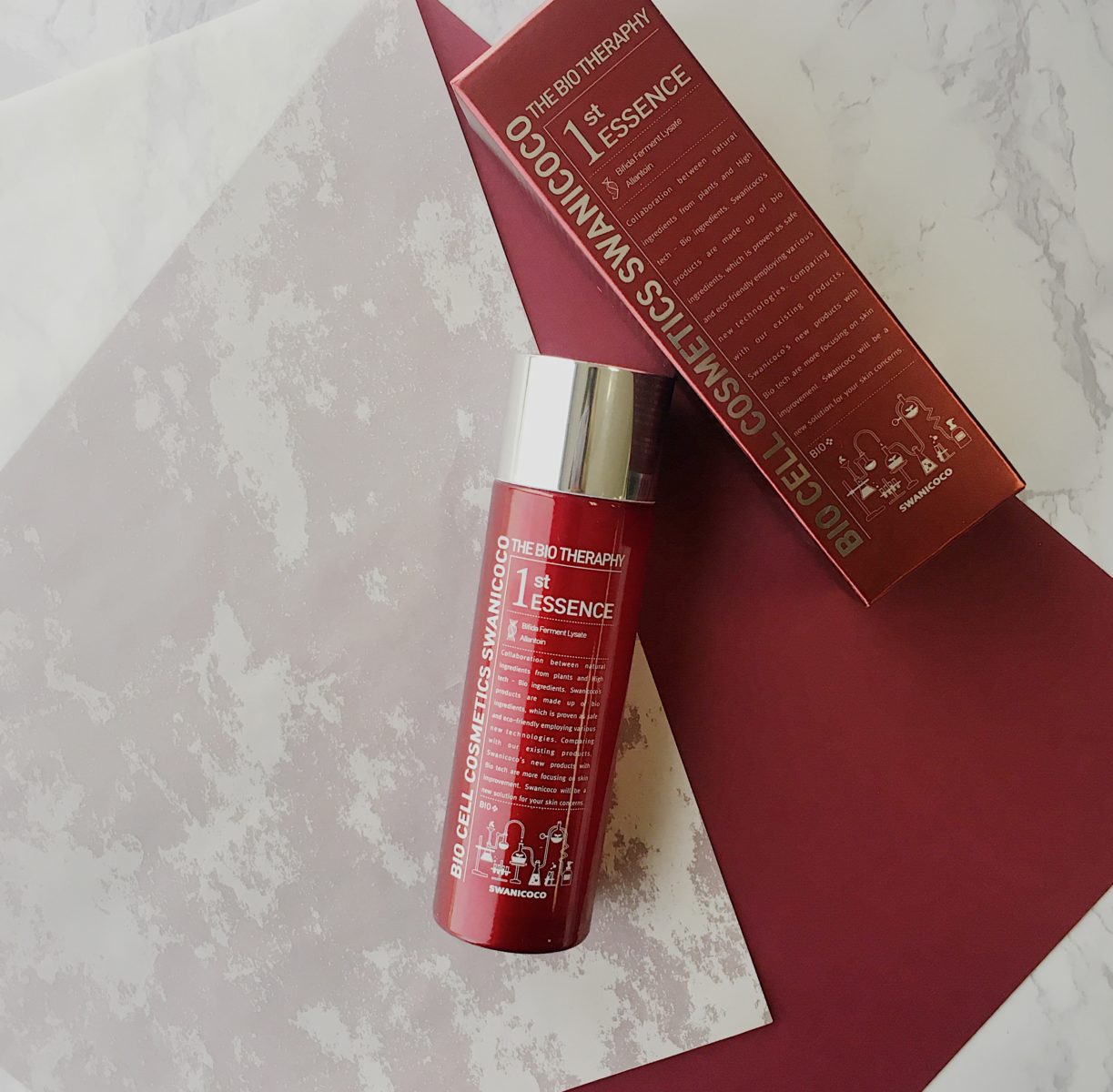You thought 10 steps was extra. It actually takes trillions — yes, trillions — of bacteria — yes, bacteria — to really help your skin glow. Sure, it may kinda ick you out, but your microbiome is vital for your skin’s health. Here’s why (and why your K-beauty routine has probably already got you ahead of the microbiome game).
Alright folks, let’s put on your lab coats and goggles, because things are gonna get real science-y in here!
I want to talk to you today about the microbiome. You may have heard of this word mentioned in The New York Times or all the health blogs or have seen the sudden influx of products infiltrating the beauty and grocery store aisles — things like kombucha, kimchi, and yogurt with displays front and center. Why the sudden interest? And just what is your microbiome? Don’t worry, I’m here to teach ya!
What is the microbiome?
Today we’re going to be talking about the skin microbiome. It’s the invisible-to-the-naked-eye layer of microorganisms, including bacteria, yeast, and little mites, that are found on the surface of our skin. Like over 100 trillion (yes, trillion with a "T") of these microbes are just hanging out all over our skin. Kinda gross, also … kinda cool.

Everyone has a different skin microbiome, sort of like DNA. It’s completely dependent on your skin type, texture, where you live and what kind of pollution there is, what kind of products you use, what kind of environment (humid, dry, etc.) you live in, if you’re a man or woman … the list goes on. And even further, different microbes can live on different parts of your skin. The microbes on your cheeks are different from the ones on your back. It’s kind of like if you smushed all of the terrain from the U.S .into one place — you have mountains, oceans, deserts, tundras, plains all living together in a kind of peaceful harmony.
Why does it matter?
Well, your microbiome is important for a lot of reasons. I know we all went through that phase where just the mention of the word “bacteria” sent people into a tailspin. Remember when we all had vats of antibacterial soaps, lotions, and skincare products designed to rid ourselves of the bacteria living on our skin and bodies? Well, turns out, not all bacteria is bad and all of that antibacterial stuff is pretty terrible for us.
Our skin microbiome should be living in peaceful harmony — all the good and bad bacteria just hanging out together, drinking margaritas, singing Beyoncé songs at karaoke.

But when the scales get tipped over, when the bad bacteria starts outnumbering the good bacteria, that’s when we start to see a host of problems like acne, eczema, irritated skin, skin sensitivity, etc. So really, you just wanna keep the little guys happy so they can enjoy their drinks in peace. You want to make sure that your microbiome is as diverse and balanced as possible, which in turn strengthens the skin, protects it against environmental damage, helps it stay hydrated and retain hydration, and keeps your skin’s pH balance in a normal, healthy range.
So how can I do that?!
Well, thankfully, probiotics and prebiotics in skincare is a thing, and has been a thing for quite some time now. Probiotics are the living organisms that help “boost” the living bacteria already in the skin, while prebiotics are the food for the organisms already living there.
Have you ever used a homemade yogurt mask? Congrats! You’ve already used some probiotics on your skin.

If you’re not down with using food on your face (tbh, it does weird me out), there are plenty of K-beauty products that include good ol’ probiotics. The truth is, there is no “one” magic probiotic or prebiotic ingredient that is better than the others, or one that will work “more” than the others. But if you want to help balance your microbiome (and who doesn’t), look for ingredients like lactobacillus and bifidobacteria; prebiotic sugars like xylitol; and brands that specialize in fermented ingredients, like my bae for life, S:um37. The Swanicoco Bio Theraphy First Essence is full of bifida ferment lysate, a nutrient rich probiotic that’s like a kale smoothie for your skin. MOOD.

Have you used probiotics in your skincare? Let me know in the comments!
Loading...